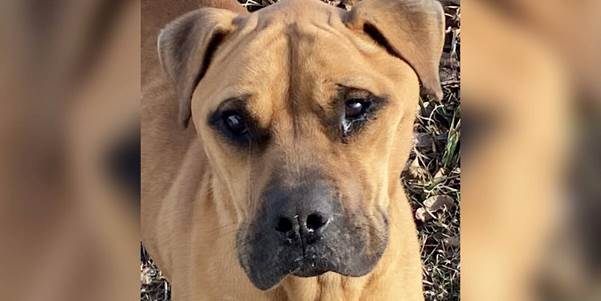Abandoned Puppies Found in a Trash Bag Begin a Journey of Hope
It was a chilly morning in the quiet suburbs when a passerby’s sharp eyes caught a distressing sight. Five tiny, shivering puppies had been left inside a worn-out trash bag near the edge of a parking lot. Their soft whimpers, barely audible over the distant hum of traffic, told a story of fear, neglect, and abandonment. They were just weeks old, fragile, and alone in a world that hadn’t shown them a single moment of kindness. The passerby, heart pounding, quickly dialed the local animal rescue hotline. Within minutes, the call was received by Clara Reynolds, a seasoned rescuer who had spent over a decade saving animals in desperate situations. Without a second thought, Clara grabbed her kit—soft blankets, bottled water, and a small carrier—and rushed to the scene. Upon arrival, Clara approached slowly, aware that these tiny creatures had been abandoned and might be wary of human touch. The puppies, no bigger than a loaf of bread, huddled together inside the bag, their damp fur sticking to their tiny bodies. Each pair of dark, frightened eyes followed her every movement, silently pleading for warmth and safety. Clara’s hands trembled slightly, not from fear, but from the weight of responsibility she felt in that instant. Gently, she opened the bag, her voice calm and soothing. “It’s okay, little ones. You’re safe now.” One by one, she lifted the puppies, tucking them into soft blankets she had brought along. Their small bodies relaxed slightly against her chest, sensing the first thread of security they had felt in their short lives. With the puppies safely nestled in her arms, Clara drove to her rescue center, her mind racing with thoughts of the care they would need. At the rescue, the team immediately set up a warm, cozy area for the new arrivals. The puppies were placed in a padded crate lined with towels and heating pads to maintain their fragile body temperatures. They were hungry, anxious, and in need of constant attention. Clara and her volunteers took turns feeding them every few hours with special puppy formula, ensuring that each tiny mouth received enough nourishment. It was exhausting work, but the sight of those tiny, trusting eyes made every sleepless hour worthwhile. As the days passed, the puppies began to thrive. The warmth of the blankets and the gentle, consistent touch of human hands helped them gain confidence. Their tiny legs, once unsteady and hesitant, began to explore the padded area with curiosity. Soft barks and playful nips replaced the terrified whimpers. Each puppy developed its own personality: one was adventurous, always the first to explore; another was timid, seeking comfort in the company of its siblings; one displayed a stubborn streak, refusing to eat unless coaxed gently; and the remaining two were affectionate, curling up for naps in anyone’s lap who offered their warmth. Clara made sure to document their progress daily. Photos and videos of their transformation were shared on social media, raising awareness about the plight of abandoned animals. The story quickly captured the hearts of local animal lovers. Messages flooded in from families eager to provide permanent homes for the puppies, all touched by their journey from fear to hope. Meanwhile, the puppies’ bond with each other grew stronger. Despite being rescued, they had formed an unbreakable connection through their shared experience of abandonment. They slept huddled together, played with each other, and found solace in their sibling’s presence. Clara often remarked that it was this bond that helped them recover so quickly—they weren’t just five isolated lives; they were a unit, a family forged by resilience. Weeks later, the rescue began the process of finding forever homes. Each potential adopter underwent thorough screening to ensure that the puppies would be placed in nurturing environments. Families were asked to visit the rescue center, spend time with the puppies, and demonstrate their understanding of the responsibilities of pet ownership. This careful vetting ensured that the puppies would never face abandonment again. The day finally came when the first of the five puppies were adopted. Clara watched, tears welling in her eyes, as a young girl named Mia held the adventurous puppy close. “He’s perfect,” Mia whispered, feeling the warmth and softness of the tiny fur. The bond was instant. One by one, the remaining puppies were introduced to their new families, each transition handled with care to reduce stress. Each goodbye was bittersweet, filled with gratitude for the life the puppies had been given and hope for the life ahead. Though the crate was now empty, Clara knew that the work of rescuing abandoned animals was far from over. The memory of those tiny, frightened eyes stayed with her, fueling her commitment to continue her mission. For the puppies, their journey from a cold, abandoned trash bag to loving homes was a testament to resilience, compassion, and the transformative power of care. The story of the five little abandoned puppies spread through the community, inspiring others to check on stray animals, report cases of neglect, and support local rescues. The once-forlorn creatures had become ambassadors of hope, showing that even in the harshest circumstances, kindness could change lives. Their journey, from abandonment to love, was a vivid reminder that every life, no matter how small or vulnerable, deserved a chance to flourish. By the end of their journey, the five puppies, now healthy, happy, and secure, had not only found homes—they had sparked a ripple of empathy in the hearts of everyone who had followed their story. The rescue team continued to care for countless other animals in need, inspired by the success and resilience of the “precious five,” proving that with compassion, dedication, and love, even the most desperate beginnings could lead to joyful endings.
Abandoned Puppies Found in a Trash Bag Begin a Journey of Hope Read More »











